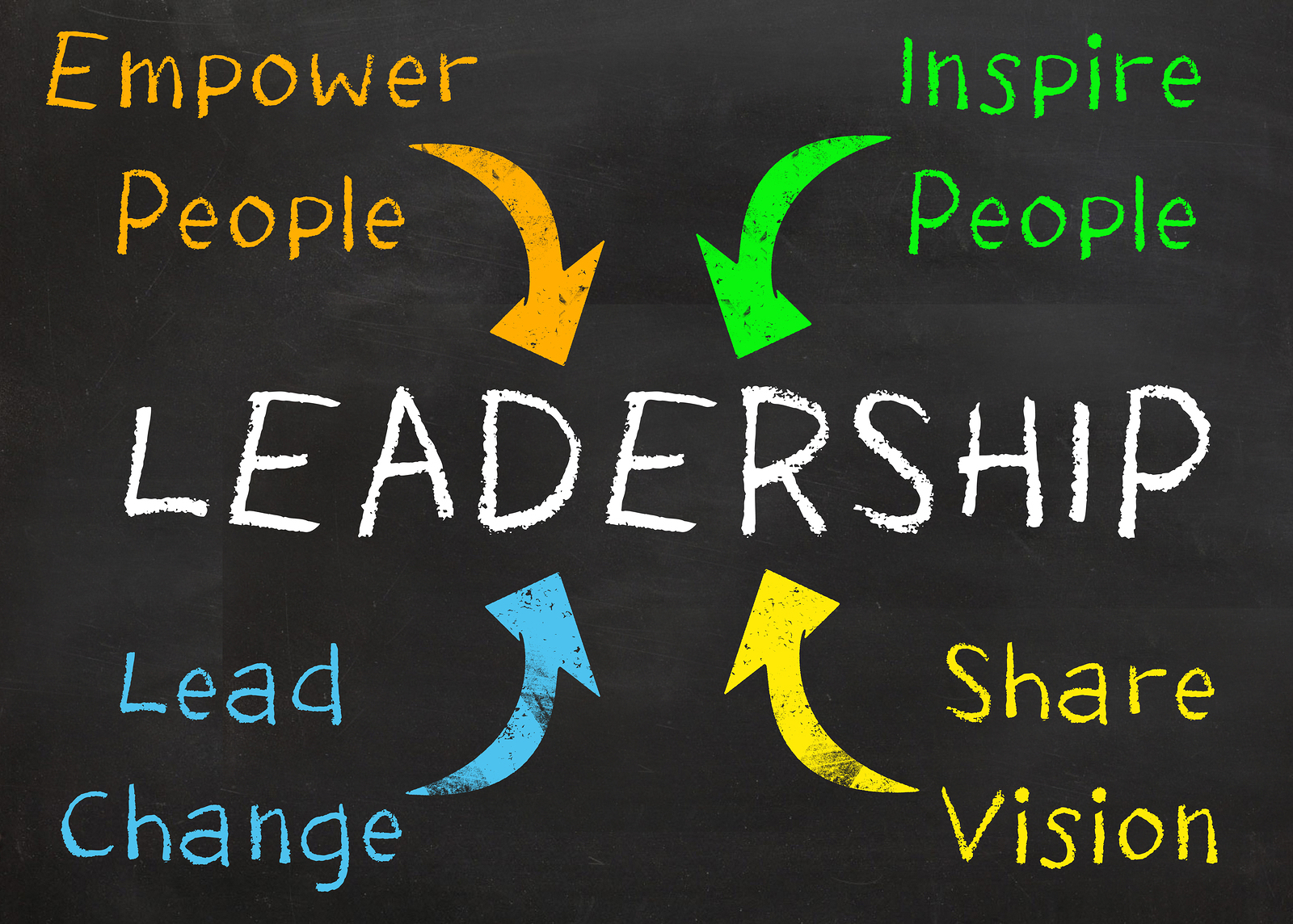Leadership is a process more than it is a position. It does not always have to be a formal role that one holds. Good leadership requires the correct application of skills and practices at a time to help the organization reach its goals.
Leadership skills can be learned and improved.
Key leadership skill categories can include:
- self-awareness
- relationship building
- business acumen
- technical skills
- organizational strategy
The foundation of the aforementioned leadership skills is honesty and integrity. If you're not a person who can be trusted to honor your commitments, demonstrate values and behave ethically, the team will not respond to these practices. Therefore, it is important to have strong reputation that merits trust.
Self Awareness is knowing yourself. This includes strengths and weaknesses, as well as how others perceive you.
Self awareness includes knowing how well you control your emotions when in a stressful situation. When receiving performance reviews, a strong match between a supervisor's perception and your perception indicates good self-awareness.
Building relationships determines how well you work with others: peers, superiors and employees. When you interact with others, it is important to read the situation. Interpersonal interactions should build meaningful rapport. Also, try to pick up on underlying emotions and how they match what people say or do.
Business acumen involves decision making, managing work and knowing the industry. Good business acumen means you are quick in understanding and dealing with risks and opportunities to produce a favorable outcome. One must see the big picture and how daily activities lead to the greater goals of the organization. This alignment must be communicated in measurable ways so that others can make decisions that align with these objectives.
Technical skills are specific to team's specific function and the positions of its members. If you work in manufacturing, skills would be required to use the tools safely and work with the materials in a way that did not produce scrap/waste. If you work in project planning, you would need to know labor rates, learning curves and previous velocity.
Organizational strategy is how you guide your organization by analyzing the industry to give direction that affects positive change. You must identify and collaborate with influential people that will aid in accomplishing goals. You must also be aware of what is going on outside the organization. Business case studies provide insight into possibilities for organizations growth and news may alert you to developing issues that may affect outcomes in the next few years.
While there are more leadership skills, this basic set is common in most leaderships roles (at any level of leadership). They may have different emphasis depending on the organization. Additional skills are required may also be required depending on the organization. As a leader moves gains more responsibility, the competencies in each skill category become more specific/sophisticated.
